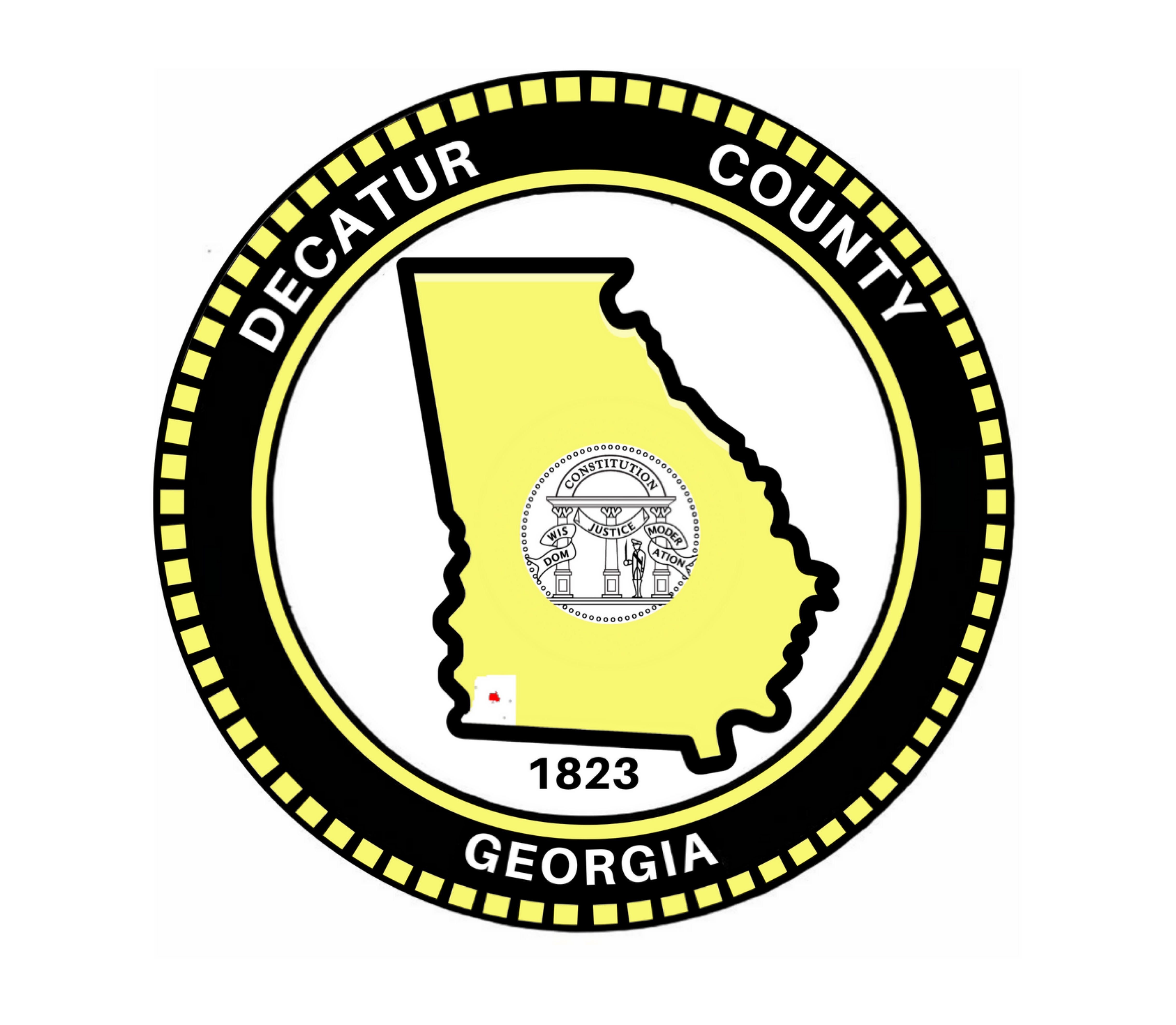County mulls surplus property sale
Published 7:15 pm Tuesday, October 13, 2009
Decatur County, which faced a budget crisis earlier this year in part due to a decrease in property tax revenue, will likely use a novel approach to getting some property back on its tax rolls.
Bainbridge attorney Jim Conger addressed the Board of County Commissioners on Tuesday morning with his advice on how the county could sell its surplus property through fairly quick legal proceedings.
The county owns 220 properties altogether, including some that are actively used, such as Potter Street Elementary, the Decatur County Courthouse and its associated annex, county government offices, the Sheriff’s Office and Jail, the Industrial Air Park and the County Work Farm, according to Barbara Parsons, administrative assistant to County Administrator Tom Patton.
The problem is that among those 220 properties are about 100 unused properties the county acquired through tax sales when their previous owners failed to pay property taxes on them, according to Conger and Parsons. Those range from oft-overgrown vacant lots to small, oddly shaped slices of land that could never be developed under compliance with local and state laws, Conger said.
Conger said the unfortunate economic reality is that if the county attempted to divest itself of the unneeded properties through a traditional auction conducted by the Sheriff on the county courthouse steps, not many people would be willing to pay what the properties are actually worth.
“It’s not really my bailiwick, but if I were a commissioner, I would sell them at whatever price I could get for them to get them off our books and have them start generating revenue for the county,” Conger said.
A different way of selling?
Therefore, Conger suggested county commissioners could opt to sell them through a sealed bid process in which no one who placed an offer would know how many offers were made or what their amounts were. He said that in his experience, doing so could encourage potential buyers to “use a sharper pencil” and place a more serious bid than they might otherwise at a public auction. To protect itself from bids that were too low, the legal advertisement of the property sales could state that the county would have the right to accept or reject any bids it receives.
A cursory look at some of the tax deeds the county owns showed some of them were acquired in the early 20th century; others were forfeited by their owner, bought back from the county and then forfeited again, according to Conger. It would be difficult and time-consuming to research and ensure whether anyone had any legal claim to each property under Georgia law, which allows for a period of time during which they can be bought back.
Therefore, the county would issue quick claim deeds, instead of issuing more complete ownership in the form of fee simple titles, Conger said. In addition, he said the advertisement could state that no legal advice was being offered and that all sales would be final.
Conger also offered commissioners the text of a sample resolution, which in part includes the suggested text of allowing county officials and their agents to package the properties for sale in bundles and not necessarily all at once. Conger said the procedure could also help maximize the proceeds from the property sales.
County commissioners went through a difficult process developing their current fiscal year budget in part because they had to offset a significant loss in revenue due to Georgia’s new, broader forestry conservation tax exemption.





